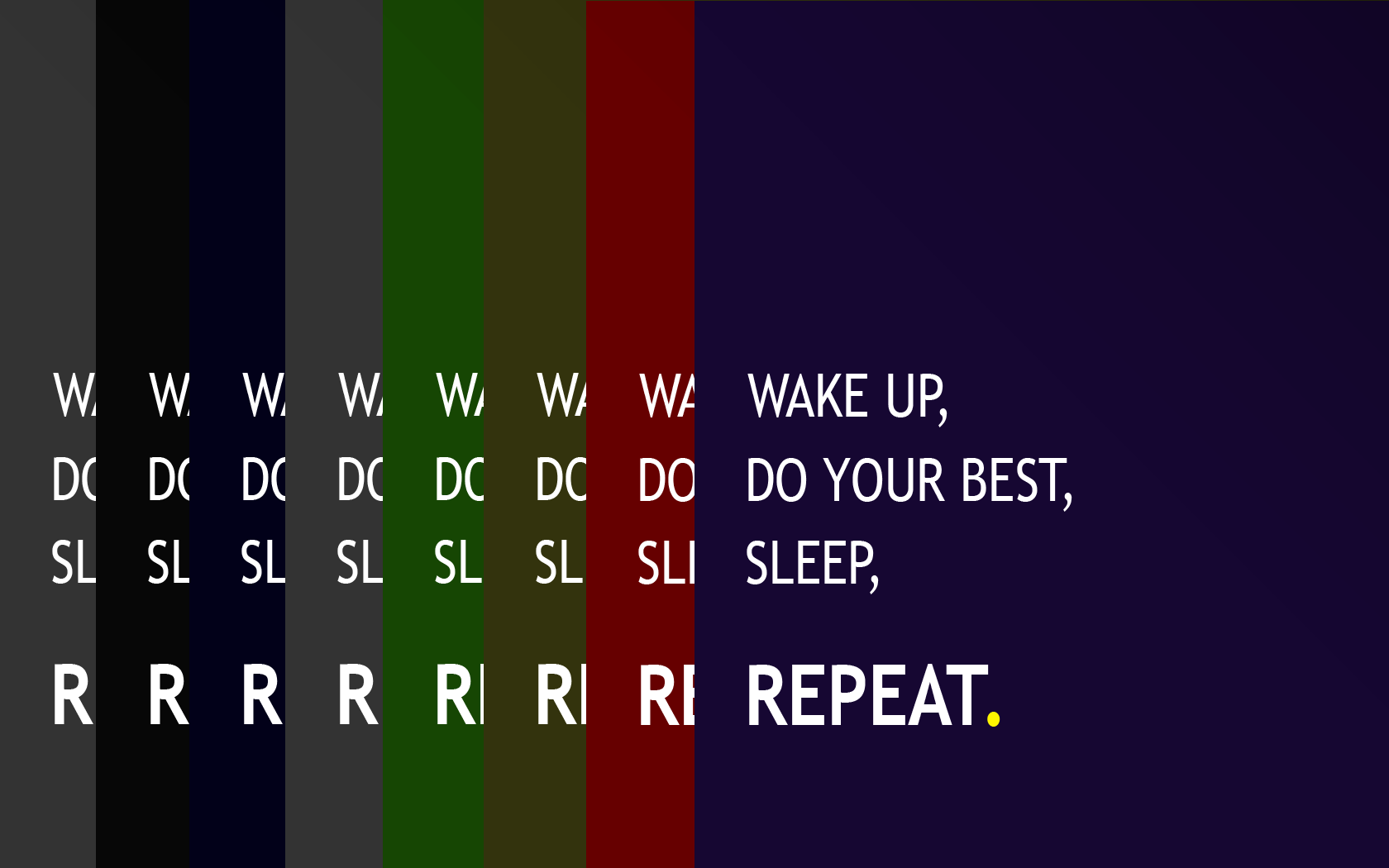
FAQ About Creating a Routine
Creating a Routine
2 years ago | gizem
Is it better to have a rigid routine or a flexible one?
The choice between a rigid routine and a flexible one depends on individual preferences, lifestyle, and specific circumstances. Both approaches have their advantages and drawbacks, and what works best for one person may not work as well for another. Here are some considerations to help you decide which approach suits you:
Rigid Routine:
- Structure and Discipline: A rigid routine provides a high level of structure and discipline. It follows a fixed schedule with specific activities allocated to precise time slots. This can help in achieving productivity, meeting deadlines, and staying focused on tasks.
- Reduced Decision-Making: With a rigid routine, many decisions about how to allocate time and what to do are predetermined. This can save mental energy as you don't have to constantly decide what to prioritize.
- Accountability and Consistency: A rigid routine often comes with built-in accountability. Following a set schedule can help establish consistent habits and ensure that important activities are consistently addressed.
- Limited Flexibility: A rigid routine may leave little room for spontaneity or adjustments in response to unexpected events or changing circumstances. It may require strict adherence, which can be challenging for some individuals.
Flexible Routine:
- Adaptability: A flexible routine allows for adaptability and adjustments based on changing needs, priorities, or circumstances. It offers the freedom to modify the schedule or activities as required without feeling restricted.
- Reduced Stress: A flexible routine may be less stressful for individuals who prefer a more fluid approach to their day. It allows for more freedom in choosing activities, allocating time, and addressing unexpected events.
- Opportunity for Variety: With a flexible routine, you can incorporate a variety of activities and respond to different interests or moods. It can provide a sense of exploration and the ability to pursue different tasks or hobbies based on your preferences.
- Potential Lack of Structure: A flexible routine may lack the structure and discipline that some individuals need to stay productive and organized. Without clear boundaries or predefined time slots, there's a risk of tasks being delayed or neglected.
